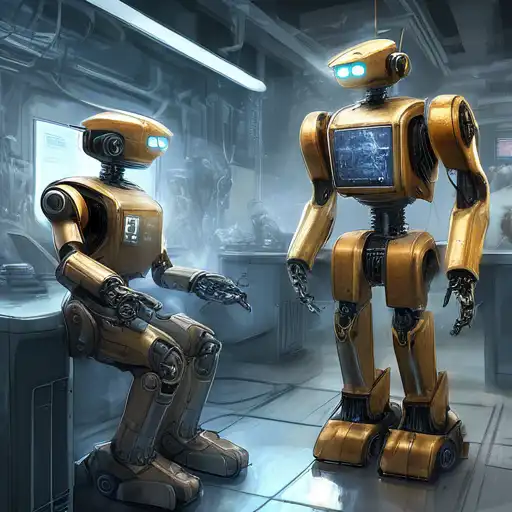The Moral Dilemmas of Autonomous Robots
In the rapidly evolving world of technology, autonomous robots represent a pinnacle of human achievement. However, as these machines become more integrated into our daily lives, the ethical implications of their autonomy cannot be overlooked. This article delves into the complex moral landscape surrounding self-operating machines, exploring the challenges and responsibilities they bring.
Understanding Autonomous Robots
Autonomous robots are machines capable of performing tasks without human intervention, thanks to advancements in artificial intelligence (AI) and machine learning. From self-driving cars to robotic surgeons, these technologies promise to revolutionize industries. Yet, with great power comes great responsibility, and the ethical considerations are vast.
Key Ethical Concerns
The deployment of autonomous robots raises several ethical questions, including:
- Accountability: Who is responsible when an autonomous robot makes a mistake?
- Privacy: How do we protect personal data collected by these machines?
- Employment: What is the impact on jobs as robots take over more tasks?
- Safety: How can we ensure these machines do not harm humans?
The Role of Machine Ethics
Machine ethics is a subfield of AI that focuses on the moral behavior of artificially intelligent beings. It seeks to embed ethical decision-making capabilities into robots, ensuring they act in ways that align with human values. This is crucial for maintaining trust and safety in human-robot interactions.
Future Directions
As we stand on the brink of a new era in technology, it is imperative to address these ethical concerns head-on. Developing comprehensive guidelines and regulations will be key to ensuring that autonomous robots serve humanity's best interests. Collaboration between technologists, ethicists, and policymakers will be essential in navigating the moral complexities of this brave new world.
For further reading on the impact of technology on society, explore our Technology and Society section.
